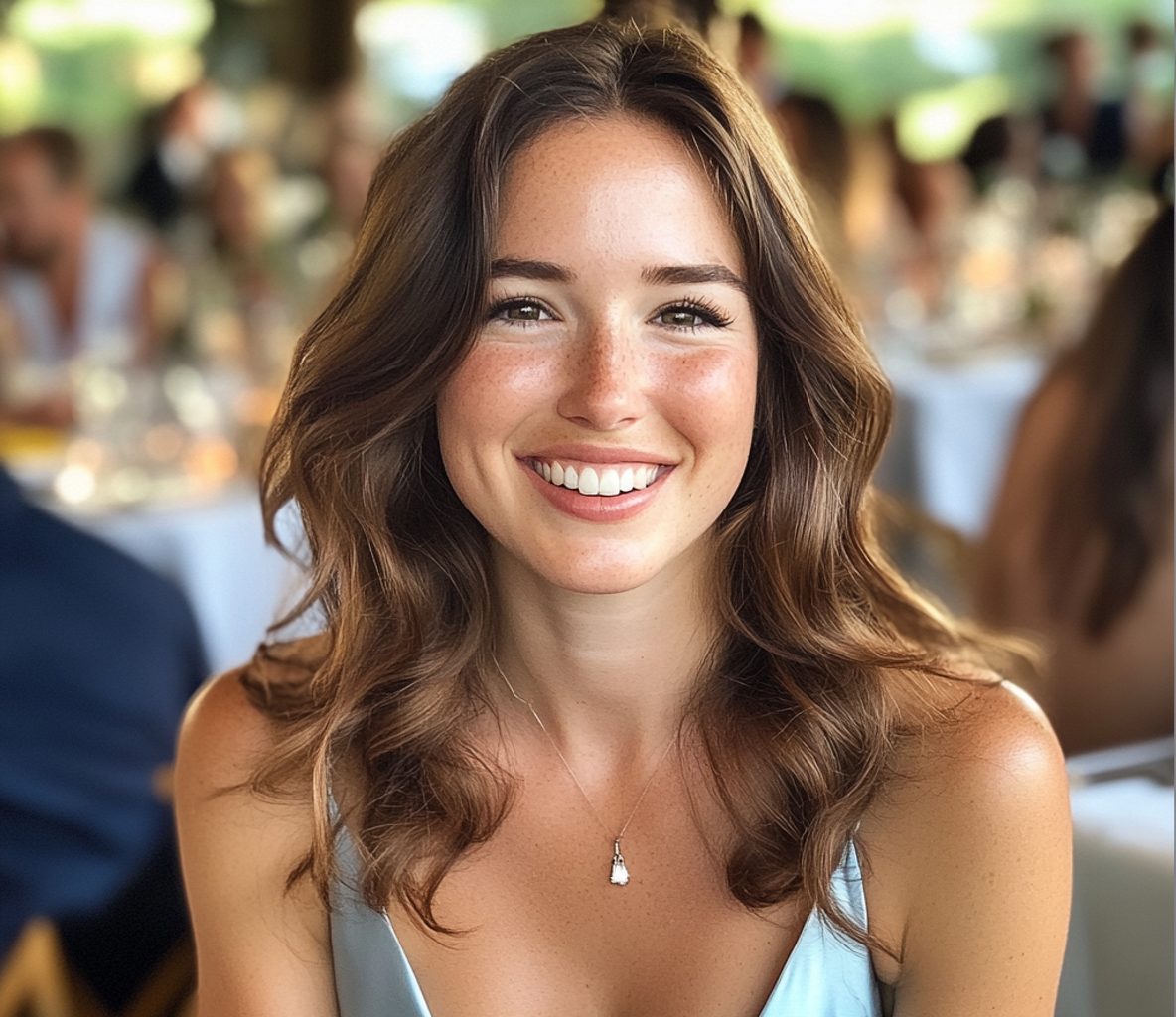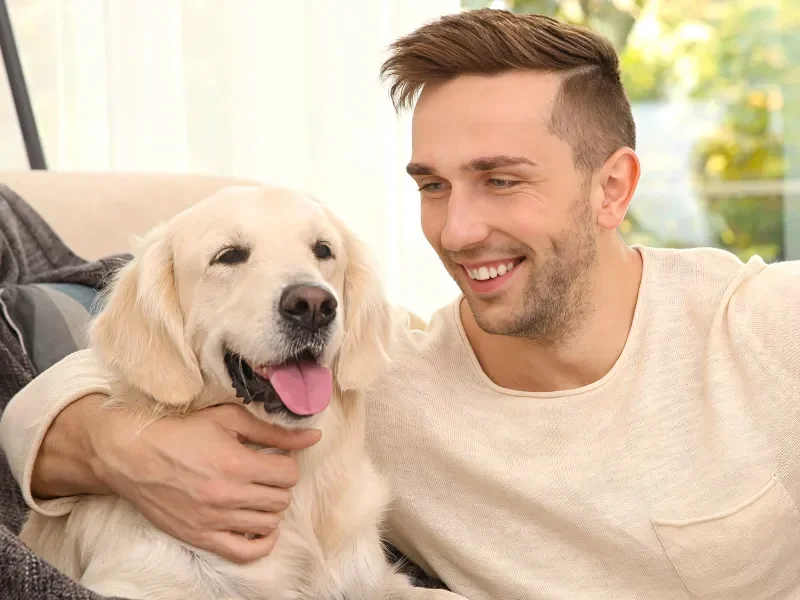At my brother Luke’s wedding rehearsal brunch, his fiancée, Sarah, smirked over her drink. “Try to look nice,” she said to our family. We brushed it off, wearing her colors and helping at the wedding. We traveled far, smiled for photos, but the final video and pictures cut us out, save a quick shot of my mom’s smile. Sarah’s family starred in every scene, while we vanished. I messaged her, asking about it. “The photographer didn’t keep those shots,” she said sharply. I stayed silent, but it hurt.

Engaged to Ben, I planned a joyful wedding, excluding Sarah to protect our day. I told our videographer, Sophie, to film Sarah like a VIP, then erase her footage, reflecting her actions. At a family gathering, Sarah assumed an invite, noting her busy calendar. “It’s formal,” I said, chuckling at her misspelled invite—Sera. The wedding was dreamy, with soft lights and heartfelt vows. Sophie gave Sarah attention, but her clips didn’t survive editing.
Our teaser video, showcasing our love and family, omitted Sarah. She called, livid. “I was there! This is mean!” I sipped tea, saying, “Maybe the footage wasn’t worth saving, like you said.” At Thanksgiving, Sarah wore a white dress, mimicking my bridal look. In the kitchen, she called me petty. “You erased us first,” I replied. She admitted her chaotic family drove her to control her wedding. “You could’ve been real,” I said. Her honesty shifted something.
Sarah sent a flash drive with her wedding’s hidden footage—me laughing with Luke, twirling my cousin, adjusting her veil. We belonged. I got my wedding’s raw footage and invited Sarah over. Over pie and hot chocolate, we watched her dancing, praising me to Luke. Tears fell as we said sorry, sharing napkins. The unedited video showed us as family, not foes. Sarah’s gesture and our raw moment healed us, proving openness can turn exclusion into belonging.


